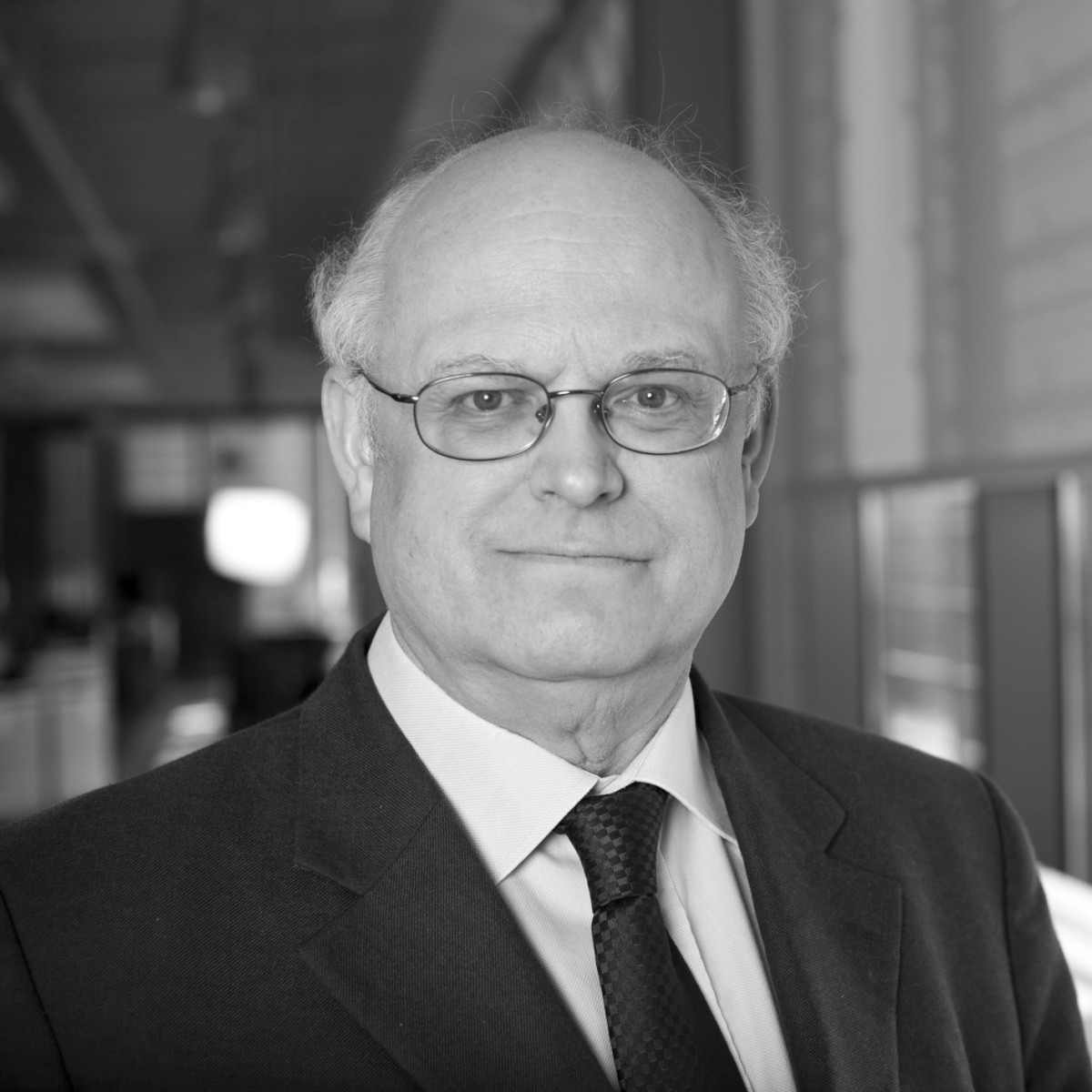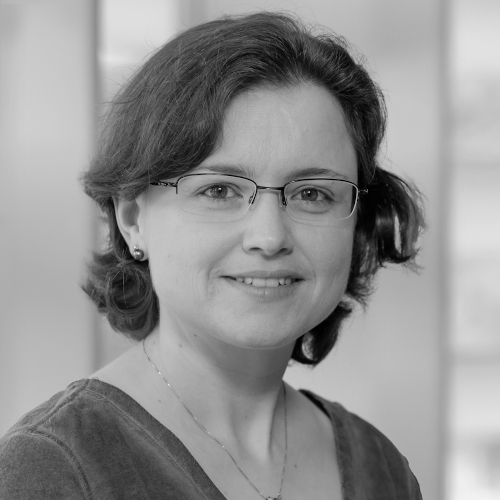Wednesday Keynote
THOMAS STERLING
Professor of Intelligent Systems Engineering
School of Informatics, Computing, and Engineering
Indiana University
ESTELA SUAREZ
Research Group Leader & Professor,
Juelich Supercomputing Center / University of Bonn
Wednesday, May 24 from 5:45 - 6:30pm
HPC ACHIEVEMENT AND IMPACT - PAST AND FUTURE
For many years, this keynote has provided a comprehensive overview of the latest trends and news that have emerged in the field of high performance computing (HPC) over the previous twelve months. The extensive coverage provided by this annual retrospective has contributed to its immense popularity among attendees of the ISC conference for almost two decades. This time around we extend this tradition to not only highlight significant HPC-related events since last year’s conference, but also to provide a sneak peek into what the future holds.
With Exaflops (Rmax) achieved by Frontier in 2022 (and announced on this stage), the world-wide supercomputing community is energetically attacking new challenges, further building excitement in the rapidly expanding field of HPC. Hardware heterogeneity is increasing dramatically, with more vendors competing for the market and newcomers bringing innovative ideas and approaches to user applications. These are designed to not only address traditional HPC workloads, but also the growing volume of AI applications. The range of processing architectures, memories, and networks that can be incorporated into HPC systems is broader than it has ever been, including, among others, tensor accelerators, AI accelerators, ASIC-based processors, and neuromorphic devices. Many of these technologies come from the datacenter and cloud computing arena, challenging past conventional strategies, while also providing broader domains to meet new market and user requirements.
With the rise of cloud computing, HPC is establishing more ways to achieve its essential, indeed growing role for scientific research, engineering, medical, defense, and data-intensive applications. Supercomputing provides greater control over the hardware and software stack, high-speed interconnects, and wide openness for collaboration and innovation, which makes it the preferred choice for many applications. The dense network of brainpower and tools for dedicated user support and training also contribute to its uniqueness. HPC is continuously evolving, adapting to new technologies and market priorities. As such, it will continue to be a critical tool for advancing science and technology.
We are optimistic about the future of HPC and believe the field has never been more promising. During this presentation, we will explore the latest developments and research areas in HPC and how they are being used to address some of the world's most urgent challenges, such as climate change, global pandemics, and the energy crisis.
Join us as we explore the latest breakthroughs in HPC, and discover the exciting possibilities that are on the horizon.
____________________________________________________________________________________________________________
Thomas Sterling is a Full Professor of Intelligent Systems Engineering at Indiana University (IU) serving as Director of the AI Computing Systems Laboratory at IU’s Luddy School of Informatics, Computing, and Engineering. Since receiving his Ph.D from MIT as a Hertz Fellow in 1984, Dr. Sterling has engaged in applied research in parallel computing system structures, semantics, and operation in industry, government labs, and academia. Professional affiliations have included Harris Corp., IDA Supercomputing Research Center, NASA (GSFC, JPL), Un. of Maryland, Caltech, and LSU. Dr. Sterling is best known as the "father of Beowulf" for his pioneering research in commodity/Linux cluster computing for which he shared the Gordon Bell Prize in 1997. His current research is associated with innovative extreme scale computing through memory-centric non von Neumann architecture concepts to accelerate dynamic graph processing for AI including ML. In 2018, he co-founded the new tech company, Simultac LLC, and serves as its President and Chief Scientist. Dr. Sterling was the recipient of the 2013 Vanguard Award and is a Fellow of the AAAS. He has been selected this year to be inducted in the Space Technologies Hall of Fame. He is the co-author of seven books and holds six patents. Most recently, he co-authored the introductory textbook, “High Performance Computing”, published by Morgan-Kaufmann in 2018 which is going into 2nd edition.
Estela Suarez is research group leader at the Jülich Supercomputing Centre, which she joined in 2010. Since 2022 she is also Professor for High Performance Computing at the University of Bonn. Her research focuses on HPC system architectures and codesign. As leader of the DEEP project series she has driven the development of the Modular Supercomputing Architecture, including hardware, software and application implementation and validation. Additionally, she leads the codesign and validation efforts within the European Processor Initiative. She holds a PhD in Physics from the University of Geneva (Switzerland) and a Master degree in Astrophysics from the University Complutense of Madrid (Spain).
____________________________________________________________________________________________________________


